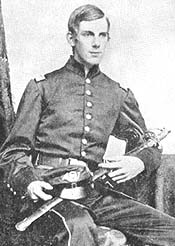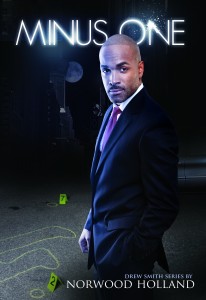Health Care Reform saved by The Magnificent Yankee
June 29, 2012
 I’m no legal scholar, but correctly predicted the Supreme Court would uphold the Patient Protection and Affordable Care Act. That prediction was based on my understanding of stare decisis, the obligation of the courts to honor past precedents. Out of curiosity and for my own edification I read the relevant case history supporting the Commerce Clause arguments. While the government’s reliance on the Commerce Clause struck me as weak and in fact was struck down by the Court I wondered why they did not aggressively argue the Tax and Spending clause. As we all know there are only two things certain in life death and taxes, and the government’s power to tax is indisputable. The Tax and Spending Clause was used as a back up argument while the Commerce Clause argument seem to serve as a red herring.
I’m no legal scholar, but correctly predicted the Supreme Court would uphold the Patient Protection and Affordable Care Act. That prediction was based on my understanding of stare decisis, the obligation of the courts to honor past precedents. Out of curiosity and for my own edification I read the relevant case history supporting the Commerce Clause arguments. While the government’s reliance on the Commerce Clause struck me as weak and in fact was struck down by the Court I wondered why they did not aggressively argue the Tax and Spending clause. As we all know there are only two things certain in life death and taxes, and the government’s power to tax is indisputable. The Tax and Spending Clause was used as a back up argument while the Commerce Clause argument seem to serve as a red herring.
The court was faced with a dichotomy determination and it was Justices Story and Holmes who provided the answer. Roberts writes:
“The text of a statute can sometimes have more than one possible meaning. To take a familiar example, a law that reads “no vehicles in the park” might, or might not, ban bicycles in the park. And it is well established that if a statute has two possible meanings, one of which violates the Constitution, courts should adopt the meaning that does not do so. Justice Story said that 180 years ago: “No court ought, unless the terms of an act rendered it unavoidable, to give a construction to it which should involve a violation, however unintentional, of the constitution.” Parsons v. Bedford, 3 Pet. 433, 448–449 (1830). Justice Holmes made the same point a century later: “[T]he rule is settled that as between two possible interpretations of a statute, by one of which it would be unconstitutional and by the other valid, our plain duty is to adopt that which will save the Act.” Blodgett v. Holden, 275 U. S. 142, 148 (1927) (concurring opinion).
The most straightforward reading of the mandate is that it commands individuals to purchase insurance.” National Federation Of Independent Business Et Al. V. Sebelius, Secretary Of Health And Human Services, Et Al. ___U.S. ___ (2012)
Justice Holmes by reaffirming Justice Story’s dictum provided the necessary constitutional basis to uphold the Health Care Reform Act. Justice Oliver Wendell Holmes Jr. served as on the Supreme Court from 1902-1932. The 1950 Academy Award winning movie The Magnificent Yankee introduced me to Justice Holmes long before I had any interest in law school. The Boston blue blood was a wounded Civil War veteran who saw a lot action. He bequeath his entire estate to the U.S. Treasury and wrote the dissenting opinion in the Lochner vs. New York, 198 U.S. 45 (1905), a landmark case that held a “liberty of contract” was implicit in the due process clause of the Fourteenth Amendment. Holmes accused the majority of judicial activism, pointedly claiming that the case was “decided upon an economic theory which a large part of the country does not entertain. He attacked the idea that the Fourteenth Amendment enshrined the liberty of contract, citing laws against Sunday trading and usury as “ancient examples” to the contrary. He added, “Some of these laws embody convictions or prejudices which judges are likely to share. Some may not. But a constitution is not intended to embody a particular economic theory.”
President Obama has likened the Lochner case to this instant case. Lochner was about limiting the collective bargaining rights of employees in favor of the employer. Roberts in this instant rather than trying to fashion conservative reasoning to overturn the independent mandate he stayed true to the legal doctrines and the fundamental principles of jurisprudence upon which American law is based. Though much credit will be given to Justice Roberts for his decision in upholding the Affordable Care Act he must share that credit with Justice Holmes and Justice Story for mapping the direction.
Thank You Justice Holmes and Justice Story.





